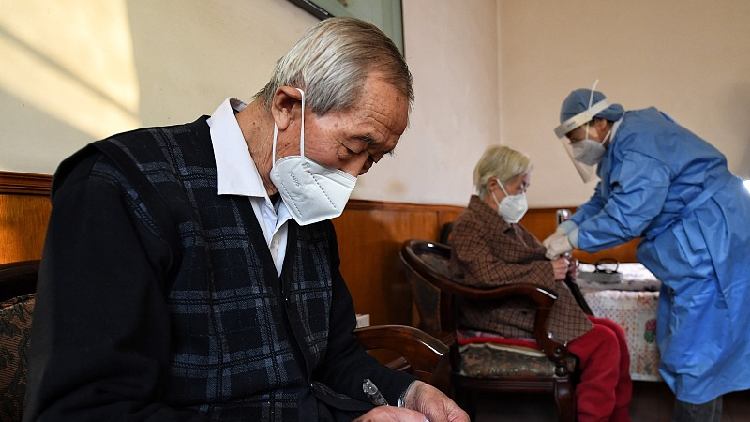Therapeutic Riding Center back in the saddle after COVID-19 shutdown (photos) – MassLive.com


HOLYOKE – Riders are back on the saddle at the Therapeutic Equestrian Center after a 19-month layoff because of COVID-19 restrictions. The center serves adults and children with physical, emotional and developmental needs.
The center offers a seven-week therapeutic riding and five-week ground courses. For participants unable to mount a horse, the ground school teaches grooming, walking and handling skills. However, riding remains the center’s primary focus.
Geraldine O’Connor Page, the center’s executive director, said the horses offer a calming effect for children with Attention Deficit or Hyperactivity Disorders. “They’re able to focus and engage more with a specific task they’re doing and accomplish something to feel good,” she said.
While the child may struggle in the classroom, completing riding or ground tasks gives a sense of fulfillment. “A lot of those kids having feelings they don’t fit, and they’re failures. We’re giving them an opportunity to fit in and be good at something that other kids are also participating in,” O’Connor Page added.
The center matches riders with specific horses based on the animal’s temperament, gait or strength. O’Connor Page said the horses offer a variety of riding experiences, from a jaunty, bouncy gait to a smooth stride.
“There’s a lot of specifics around just choosing the horse, and one of the big ones is their temperament and personality,” she said.
The prolonged shutdown was hard for riders and staff. But, unlike reopening a store or school, the equestrian center caters to a vulnerable population. O’Connor Page did not want to compromise the riders’ or volunteers’ health.
“There were so many questions about what was happening with COVID. So we were really careful,” she said. “To see the place alive again was just incredible. This is my second home.” O’Connor Page founded the program with the late Father Robert F. Wagner.
The program also works with riders with a history of trauma, veterans and children with autism. “We have a lot of people with emotional issues. So it’s a huge gamut the types of riders we have,” she said.
The first step is downloading an application from the Therapeutic Equestrian Center’s website. Next, the applicant or family member must secure a physician referral and undergo an applicant interview with O’Connor Page.
“I sit with my instructors, and we determine an appropriate lesson for them. One of the important pieces of therapeutic riding is the social-emotional piece that goes along with it,” she added.
The equestrian center works with outside agencies and school districts, which may offer grants or scholarships to cover lesson fees. Donations are welcomed as costs have jumped since the pandemic, including the price of hay, shoeing and veterinary care.
“We take top care of our horses. Our horses do not want for anything. They are the heroes, and they need to be taken very good care of,” O’Connor Page said. “The fee is a small percentage of what it cost us.”
For information, visit the Therapeutic Equestrian Center’s website at www.tecriders.org.



